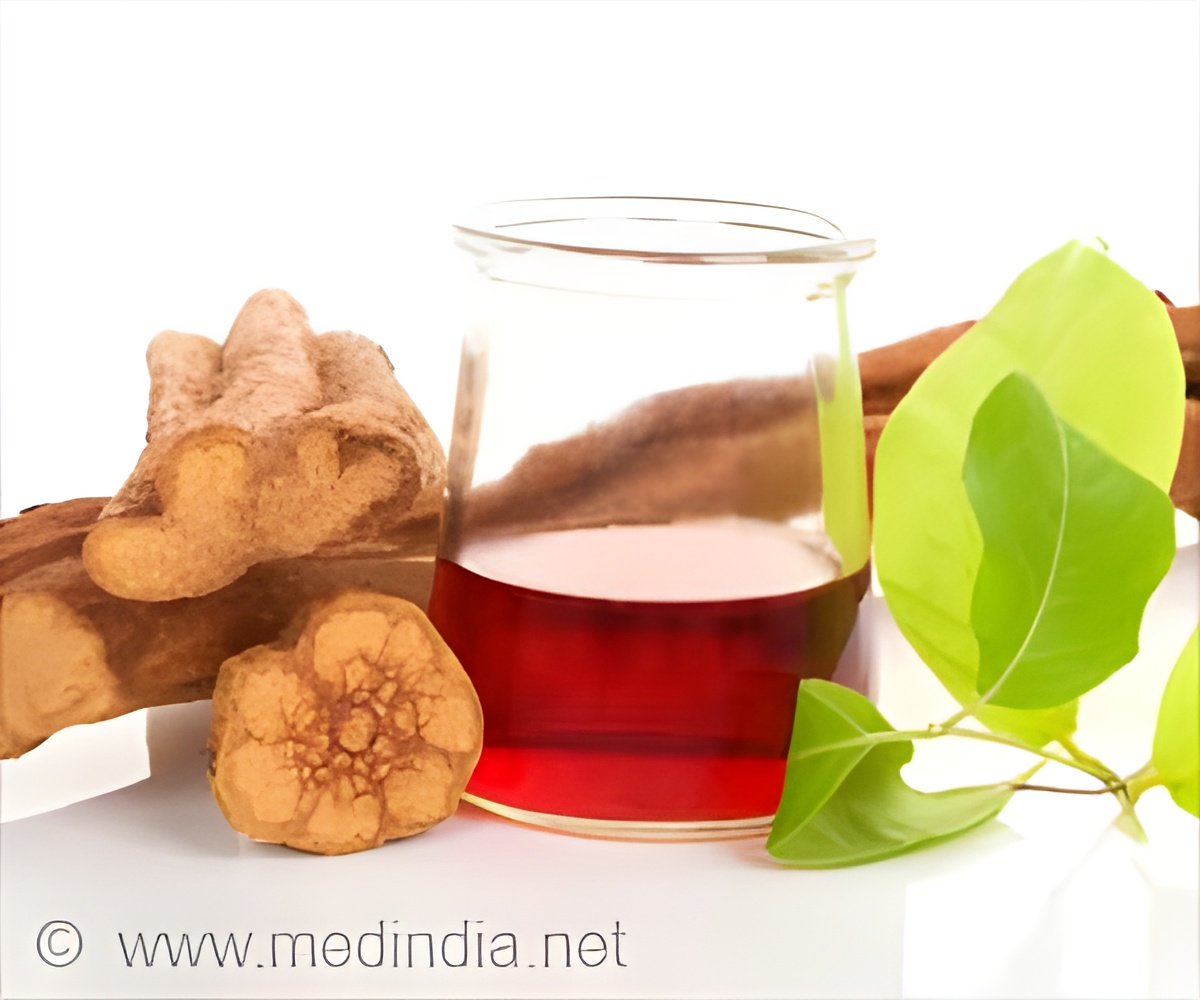Could ayahuasca be a breakthrough treatment for PTSD and anxiety disorders? Evidence points to its potential, but more clinical trials are needed.

Ten years of research have been compiled by researchers to better understand how ayahuasca affects anxiety and fear in the brain as interest in psychedelic therapy develops.
The effects of this traditional Amazonian beverage on memory and emotional processing are better understood according to a recent study in Psychedelics that combines data from human trials, animal studies, and molecular research.
Lorena Terene Lopes Guerra and colleagues from the University of São Paulo led the analysis, which looks at the increasing amount of data regarding ayahuasca’s intricate relationships with brain systems related to memory and emotional processing. It focuses especially on how it affects two different serotonin receptor systems(1✔ ✔Trusted Source
Effects of ayahuasca on fear and anxiety: cross-talk between 5HT1A and
5HT2A receptors
).
According to Dr. Rafael Guimarães dos Santos, one of the review’s authors, “to understand ayahuasca’s potential therapeutic applications, it is essential to understand how signals coordinate the processes in cells, tissues, and organs.”
“By examining evidence across multiple levels – from receptor interactions to clinical outcomes – we can better understand how this traditional medicine might help treat anxiety and trauma-related disorders.”
Ayahuasca’s Serotonin Secret: Healing Trauma and Anxiety
The review synthesizes evidence showing that ayahuasca’s effects involve a delicate balance between two serotonin receptor types: 5-HT2A and 5-HT1A. This dual action appears crucial for understanding both the immediate effects of ayahuasca and its potential long-term therapeutic benefits.
- Ayahuasca’s main component, DMT (dimethyltryptamine), acts primarily through 5-HT2A receptors to influence emotional processing
- The brew’s β-carboline compounds may work through different mechanisms to affect memory and anxiety
- Clinical studies suggest specific effects on fear extinction and emotional processing
- Brain imaging studies show ayahuasca modulates activity in regions crucial for emotional regulation
The synthesis of available evidence raises important questions about ayahuasca’s therapeutic potential. Can the timing of ayahuasca administration be optimized for treating specific conditions?
Might different preparations of ayahuasca be more effective for different therapeutic purposes? How do individual differences in receptor systems affect treatment outcomes?
Advertisement
Current evidence reviewed suggests ayahuasca might be particularly promising for treating PTSD and anxiety disorders. However, Dr. dos Santos emphasizes the need for more controlled clinical trials: “While the preclinical and observational evidence is encouraging, we need more rigorous clinical studies to understand the optimal therapeutic applications.”
The review also examines safety considerations and the importance of controlled settings for therapeutic use, noting that ayahuasca’s complex nature requires careful consideration of individual patient factors.
Advertisement
Reference:
- Effects of ayahuasca on fear and anxiety: cross-talk between 5HT1A and
5HT2A receptors- (https:www.researchgate.net/publication/386140506_Psychedelics_Effects_of_ayahuasca_on_fear_and_anxiety_cross-talk_between_5HT1A_and_5HT2A_receptors)
Source-Eurekalert



